The Ethereum blockchain ecosystem has consistently evolved to address emerging needs in decentralized applications, particularly in the realm of Non-Fungible Tokens (NFTs). Among the latest advancements is the introduction of the ERC-7007 standard. This innovative standard aims to enhance the efficiency, scalability, and security of NFTs while maintaining compatibility with existing protocols such as ERC 721 and ERC-1155. Yet, this rapid evolution has uncovered a major obstacle in order to operate at its’ best; scalability issues. This challenge poses a critical hurdle that is to be addressed to fully harness the potential of ERC-7007 and enable it to support the growing diversity and complexity of NFT use cases in a sustainable manner.
Understanding ERC-7007
ERC-7007 is an advanced Ethereum token standard designed to optimize NFT transactions and broaden their utility. By incorporating several enhancements over previous standards like ERC-721 and ERC-1155, ERC-7007 aims to address key challenges and improve the overall performance of NFTs on the Ethereum network. One of the main goals of ERC-7007 is to reduce gas fees associated with NFT transactions; this is achieved through improved handling of metadata and token identifiers, minimizing the computational resources required for each transaction. To support the increasing popularity of NFTs, ERC-7007 introduces mechanisms that allow for a higher volume of transactions without degrading network performance. This scalability is essential for sustaining growth in NFT marketplaces and applications. ERC-7007 is specially designed to be compatible with existing standards, ensuring that NFTs created under this standard can seamlessly interact with applications, wallets, and marketplaces that support ERC-721 and ERC-1155, and that this compatibility promotes a unified ecosystem. As security is a critical concern in blockchain transactions; ERC-7007 incorporates best practices to safeguard NFT transactions and ownership, reducing the risk of vulnerabilities and enhancing the reliability of NFT platforms. ERC-7007 also works within AI-Generated Content (AIGC) NFTs; it streamlines the creation, management, and the exchange of AIGC NFTs, to provide better interoperability and efficiency within the rapidly growing NFT ecosystem. By defining clear protocols and guidelines, ERC-7007 ensures authenticity, traceability, and functionality of AI-generated digital assets.
What Are The Uses of ERC 7007
- Non-Fungible Tokens (NFTs):
NFTs have become a cornerstone of the digital asset world that allow you to have a unique ownership of digital art, collectibles, and much more. ERC-7007 enhances this digital ecosystem by allowing the integration of redeemable rewards directly within NFTs. This feature can significantly increase the value and engagement of NFTs; for instance, an NFT might come with a redeemable code for exclusive content or experiences. This could be particularly beneficial in the entertainment industry, where NFTs could grant access to special events, digital content, or physical merchandise. This feature not only enhances the intrinsic value of NFTs but also builds a greater engagement among collectors and users. By expanding the utility and appeal of NFTs through ERC-7007, creators can forge deeper connections with their audiences while enriching the overall digital ownership experience.
- Smart Contracts:
Smart contracts are the foundation in automating and securing transactions within the Ethereum blockchain ecosystem. They enable decentralized applications (dApps) to execute predefined actions automatically when specific conditions are met, without the need for intermediaries. ERC-7007 further enhances this capability by leveraging smart contracts to manage various aspects of NFT-related rewards, such as the issuance, distribution, and redemption processes, making sure that these operations are transparent, verifiable, and tamper-proof. By utilizing smart contracts, ERC-7007 provides precise and efficient management of rewards associated with NFTs, allowing creators and collectors to have a reliable framework for engaging in decentralized and secure transactions. This system not only enhances the functionality of NFT ecosystems but also reinforces the trust and reliability of digital asset transactions on the Ethereum platform.
- Metadata Expansion:
ERC-7007 represents a comprehensive framework for managing detailed metadata essential to AI-Generated Content (AIGC) NFTs. This standard not only encompasses critical AI model specifications, such as architecture, versioning, and configuration parameters but also extends to include comprehensive details on the training data used. The specifics on data sources, preprocessing techniques applied, and version histories allow AIGC to have provenance documentation. ERC-7007 also stipulates explicit generation parameters, offering precise insights into the algorithms and parameters governing content creation processes, which guarantees both the reproducibility and transparency of AIGC NFTs, vital for maintaining authenticity in digital asset transactions. Furthermore, ERC-7007 establishes thorough records encompassing creators, collaborators, and subsequent owners, facilitating unambiguous attribution and provenance tracking throughout the lifecycle of these assets. Such meticulous documentation not only enhances trust within the NFT marketplace but also supports broader applications across diverse industries reliant on AI-driven digital content.
The Pros of ERC 7007
By optimizing gas costs, ERC-7007 makes it economically viable for users to engage in frequent NFT transactions, which is particularly useful for platforms that experience high trading volumes. The scalability improvements are highly necessary for applications that involve extensive transactions, such as gaming platforms with numerous in-game assets or large-scale digital art auctions. Enhanced security features make ERC-7007 suitable for applications where the integrity of digital assets is paramount, such as in intellectual property rights management or digital certificates. The versatility and robustness of ERC-7007 encourage developers to explore new applications for NFTs, ranging from DeFi and real-world asset tokenization to digital identity verification and beyond. By standardizing the metadata format, ERC-7007 ensures that dynamic game assets can be easily transferred and used across different gaming platforms and marketplaces. This interoperability is crucial for game developers and players who want to utilize these assets in multiple gaming environments.
In A Nutshell
The ERC-7007 standard marks a significant advancement in the Ethereum blockchain, offering a framework that is more efficient, scalable, and secure for NFTs. By addressing the limitations of previous standards and introducing innovative features, ERC-7007 sets the stage for the next generation of NFT applications. Its compatibility with existing protocols ensures a seamless transition while its security enhancement provides a strong foundation for trustworthy NFT ecosystems. As the blockchain landscape continues to evolve, ERC-7007 is bound to play a crucial role in shaping the future of digital assets, fostering innovation, and driving broader adoption of decentralized technologies.
Are you interested in exploring the potential of ERC-7007 and other Web3 elements? Our team at Optimus Fox brings deep expertise in NFT development and ERC-721 token development, guiding you through the dynamic NFT terrain and helping you craft innovative NFT solutions that redefine digital ownership. Email us now at info@optimusfox.com

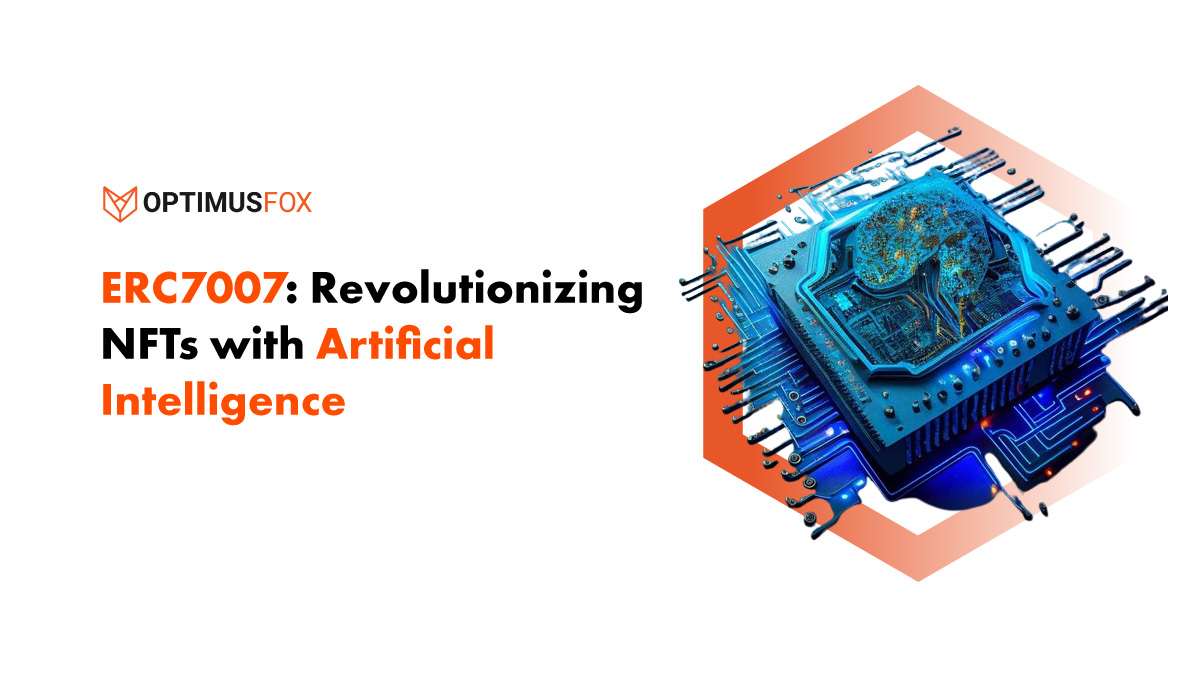
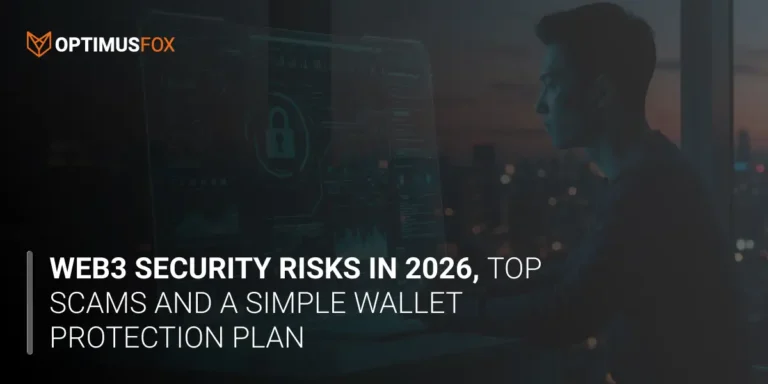
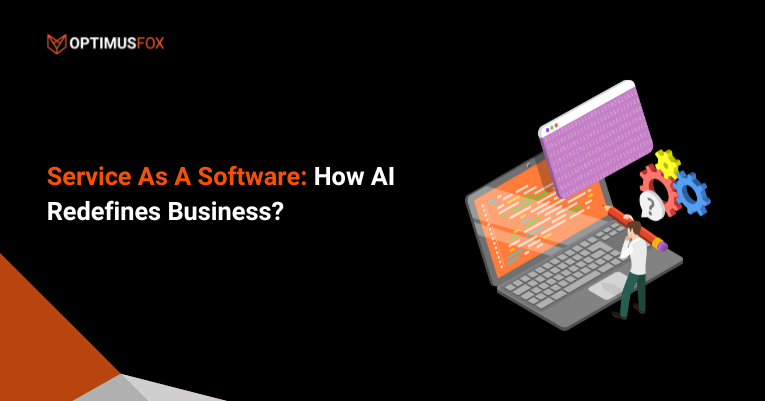


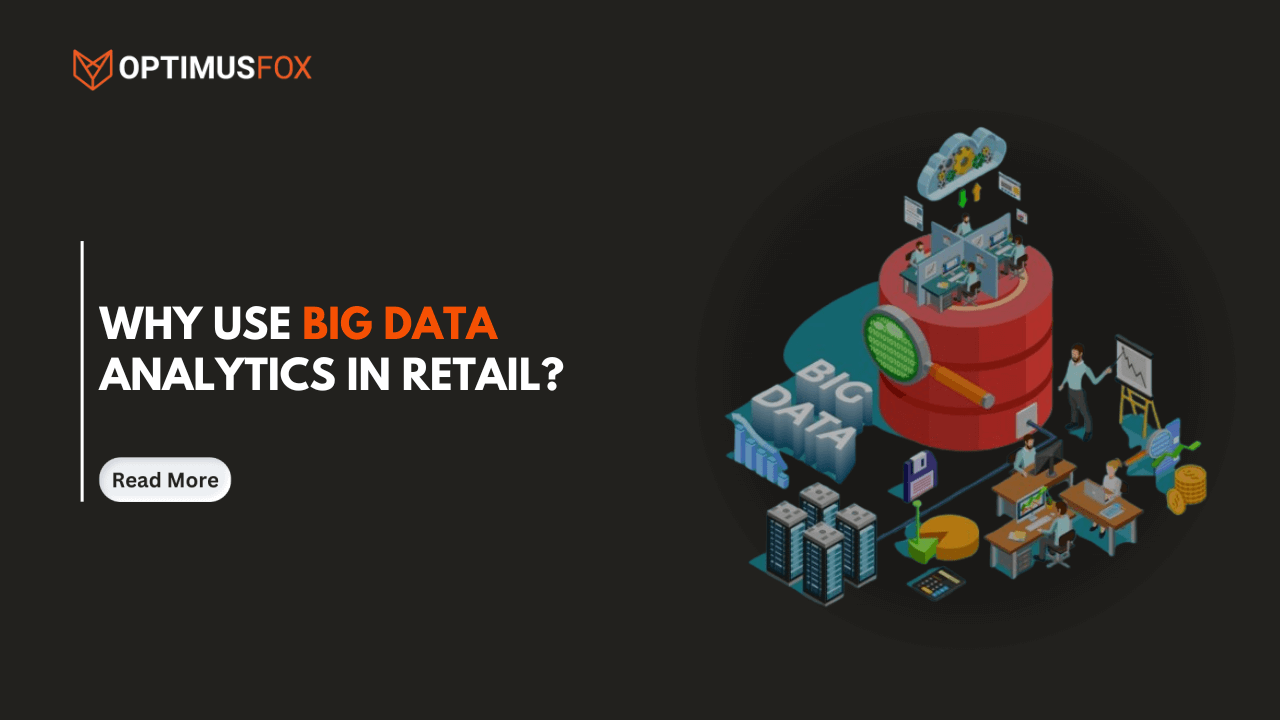
 Chat with us
Chat with us